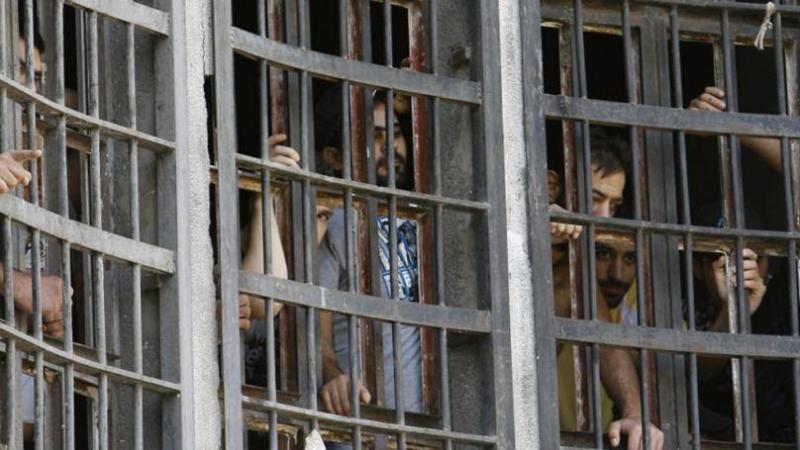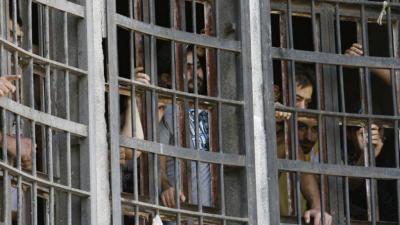Prisons in Lebanon are distributed across various regions, with a total of 25 facilities housing approximately 9,000 inmates. The largest is the central prison in Roumieh, which has 4,000 convicted individuals and detainees, although its capacity is only about 1,500. Notably, those serving sentences in all prisons represent between 13% to 15% of the total population, while the remaining 85% consists of detainees whose trials are not yet complete.
The accumulation of crises stems from several factors, primarily the halt of trials and investigations that began with the spread of COVID-19, which was compounded by a continuous strike by judges. Hearings have been delayed for long periods due to the lack of mechanisms for the Internal Security Forces to transport detainees from prisons to courts and investigative bodies.
The demands of the prisons have grown beyond what can be managed and are nearly out of control. Although this issue has been longstanding, it has turned into a tragedy due to the collapse of the country and the absence of cleanliness and maintenance for the buildings and cells. There is a deterioration of sewage systems and bathrooms, along with a lack of ventilation and air conditioning due to power outages.
Former Bar Association president and reformist MP Melhem Khalaf, who has previously taken actions that led to the release of thousands of prisoners and detainees due to the reduction of the prison year to 9 months, states to "Al Markaziah": "The responsibility for this file remains with the Lebanese state, which falls under the purview of several ministries and administrations, primarily the Ministries of Justice and Interior. They must devise a comprehensive five or ten-year plan. It is insufficient to address overcrowding and humanitarian necessities such as food, healthcare, and cleanliness; there must be an establishment of more prisons, for which billions have previously been allocated but mismanaged like many other funds."
He continues, "Currently, I have prepared a proposal that I will present to Parliament aimed at reducing the prison year to 6 months. However, these piecemeal measures are not a solution; they are part of a pardon and ultimately an escape from accountability. The state and government, along with the relevant authorities, must foresee the future and devise a long-term strategy that offers a comprehensive solution to this issue. Otherwise, the situation will remain a ticking time bomb ready to explode any day and at any moment." It is noteworthy that detainees in Lebanon constitute 72% of the problem.




